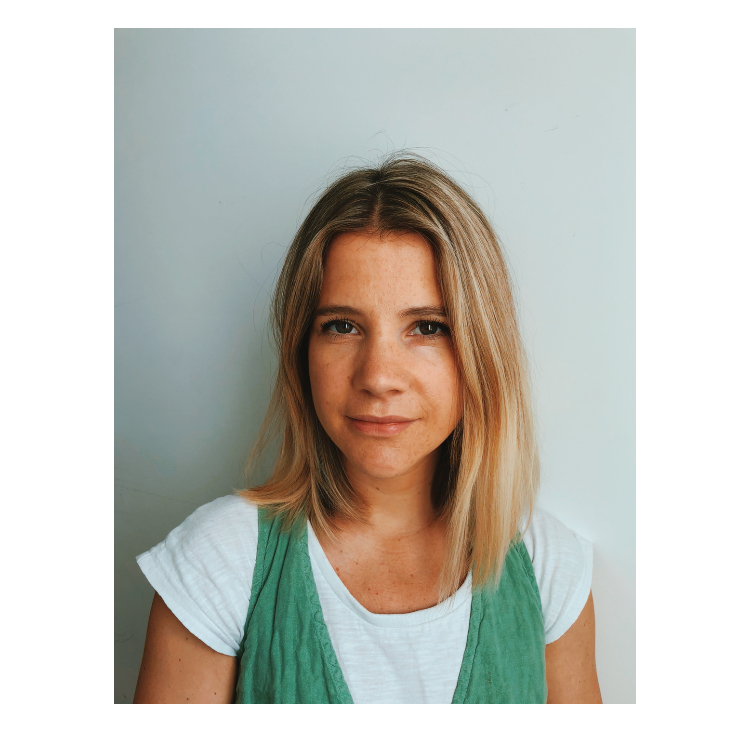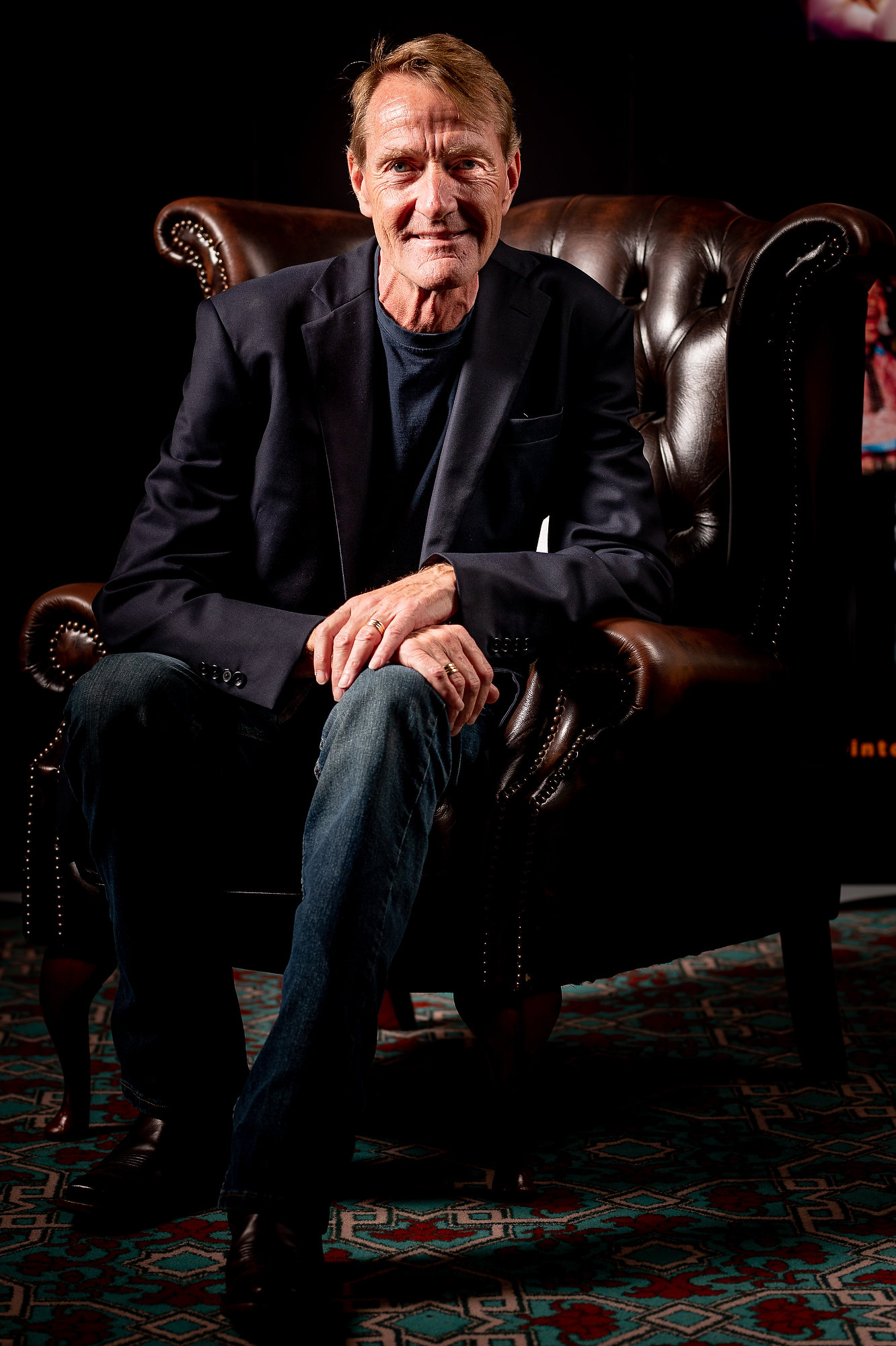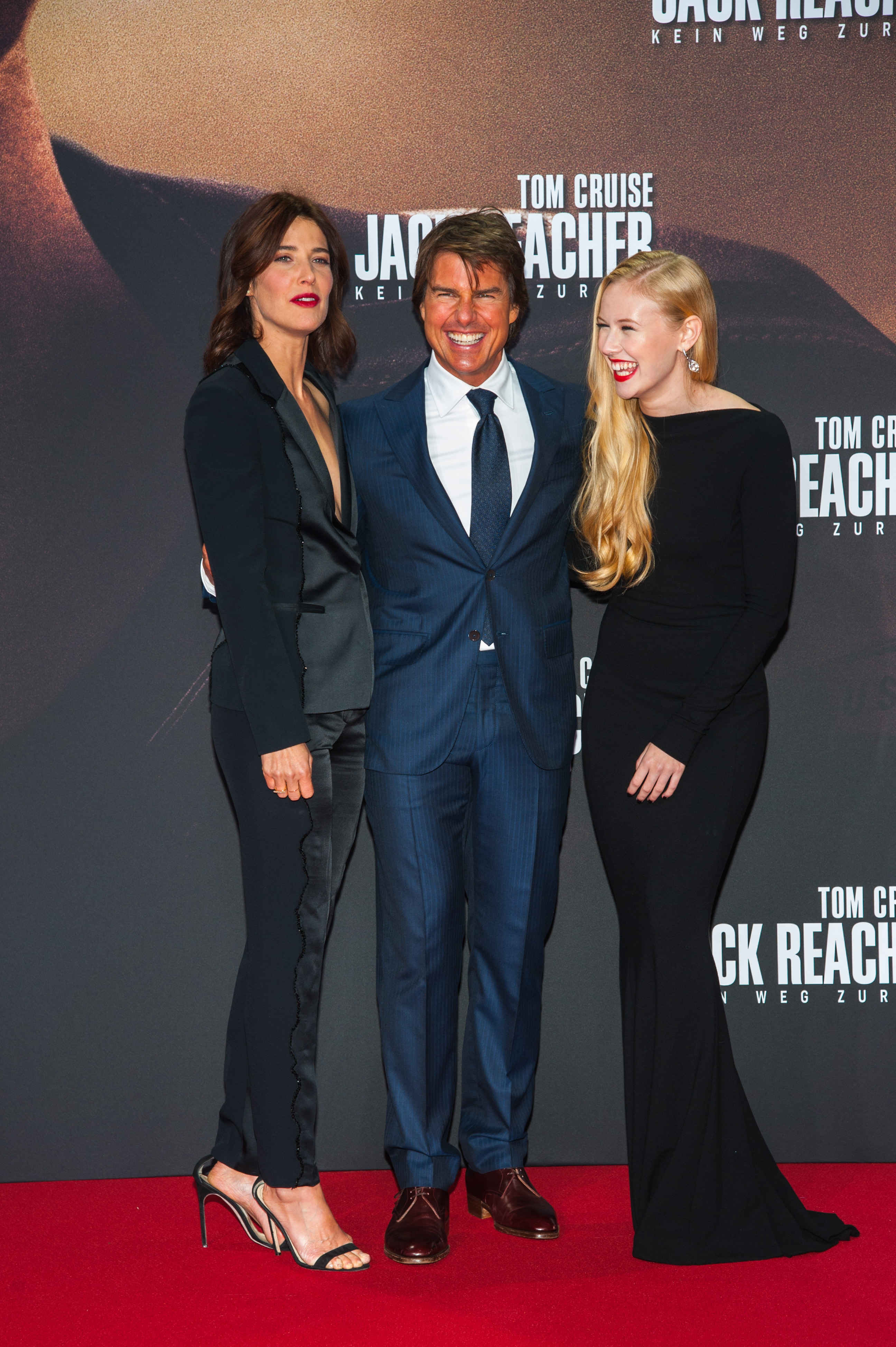Jack Reacher author Lee Child on why he never plots his novels
'If I were to plan it out first I would be bored of the story by the time I started writing', bestselling author Lee Child tells Charlotte Philby


'If I were to plan it out first I would be bored of the story by the time I started writing', bestselling author Lee Child tells Charlotte Philby
Lee Child is the author of the hugely successful Jack Reacher novels, the Hollywood adaptations of which star Tom Cruise. He lives between his apartment in Manhattan, New York City, and a number of houses across the UK, where he grew up, and the South of France. He is married with a grown up daughter, and was talking to Charlotte Philby at the Theakston Old Peculier Crime Writing Festival, which returns 18-21 July 2019 at the Old Swan Hotel, Harrogate, with special guests including Jo Nesbo. Visit harrogateinternationalfestivals.com or follow @TheakstonsCrime for author announcements.
You've written 23 Jack Reacher novels, as well as a number of short stories. What is your advice to aspiring writers who think they have an idea but don't know where to start? The best piece of advice is to ignore my advice. What makes a book work is if it is an organic thing with a vivid beating heart of its own, and the only way of guaranteeing that is to make it the unlimited product of one imagination i.e. yours. If you have a great idea and a great story, and you know how you want to tell it, then you should absolutely do it your own way, even if you’re certain that everybody’s going to hate it, because human nature being what it is, everybody is an individual but you’re not that different from anybody else. If you write a book that you’re 100 per cent satisfied with then there will be other people equally satisfied. But if you do it by committee and allow all those doubts to creep in, then nobody will like it.

Lee Child
Theakston Old Peculiar Crime Writing Festival, Harrogate, Yorkshire, UK - 20 Jul 2018What is the writing process for you?
Everybody hates some aspect of writing. Some people absolutely love the unfettered freedom of the first draft, then they come to the rewriting and hate that, or when they come to the promotion and publication they hate that part; some people struggle to do the first draft but absolutely love the rewriting. Nobody loves the process from beginning to end. I have never met a professional writer who writes for a living who does this so-called ‘compelled to write’ thing. I don’t think that’s a professional characteristic; the problem with being a writer is, or the funny thing about being a writer is, there are certain things that are sometimes quite contradictory and you’ve got to believe them all, and you’ve got to believe them all 100 per cent. It’s not that you believe 50/50, you’ve got to believe everything 100 per cent. 100 per cent yes it’s a craft, it’s an art, it’s a fabulous tradition stretching back hundreds of years, it’s all those good things, but it’s also a business and you have to believe that 100 per cent. So it’s almost like the opposite of schizophrenic; you’re not divided, it’s superimposed, you’re 100 per cent an artist, you’re 100 per cent a business person, you’re 100 per cent a private thinker, 100 per cent a public speaker, it’s all of those things all at once.
Where and how do you work best? I write in the back bedroom of my apartment in NYC, which is set up as an office. But really it doesn’t really matter where you work because you’re working in your head the whole time. I’m not a planner at all. I live for the story; if I were to plan it all out on a spreadsheet or index cards first then I’ve told myself the story, I’m bored with it, I’m ready for the next story… So the way I do it is I just start somewhere, somewhere that feels good, and then literally think ‘Alright now what happens?’ So a million times in the process it’s a question of ‘Alright now what happens?’ and so the story tells itself. Other writers would feel hopelessly adrift doing it that way, but for me it means I sit down to work with exactly the same feeling of anticipation that the reader does when they pick up the book again and think ‘OK great, what’s going to happen now?’
You always have to always remember who you’re writing for; you’re writing for a reader, and you’ll never be, a novelist unless you’ve been a reader so what you need to do is examine your feelings and reactions as a reader, and exploit them. The beginning is super, super important. You know that first line, that first paragraph, that sets up how you feel about that book? As a reader you may not overtly realise it, but if you’re really intrigued by that first sentence and first paragraph, you have a really warm and interested feeling about that book; if you’re not really that convinced by the opening, you might well struggle on out of a sense of duty, but you haven’t fallen in love with the book and you react to it differently. So top tip, especially these days when our attention spans are so super short and there’s so much competition for your attention - it’s all about the first line, the first paragraph, and in a way that’s how my method benefits me because I just write a great opening line, or a great opening paragraph, and then I think ‘Alright now what do I do with this?

Cobie Smulders, Tom Cruise, Danika Yarosh
'Jack Reacher: Never Go Back' film premiere, Berlin, Germany - 21 Oct 2016
There is a great deal of background detail in your books. How do you approach research? Ask questions. When you’re a novel writer, people will often speak to you. For instance, the FBI in America has a press office; if you called it as a journalist they’re going to treat you differently to if I call, when they might realise this is coming in from a different angle. They’re pretty used to it and they will tell you certain things; they will make it reflect well on themselves obviously, so you have to be a bit aware of that, but they will generally give you interesting information. That is an essential distinction to make: there’s a big difference between accuracy and plausibility.
Marie Claire Newsletter
Celebrity news, beauty, fashion advice, and fascinating features, delivered straight to your inbox!
As a journalist, you’re sworn to be accurate, but a novelist needs to be plausible, which is something completely different. For instance, police work is incredibly bureaucratic, very long and drawn out; we’re in the age of DNA now and of very sophisticated forensic science, and the reality of that is if you get a droplet of blood or a clue or something like that, you send it to the lab, it’s going to take four months, possibly longer, to come back with results because everything’s underfunded and the queues are very long. That’s reality, but that’s hopeless for a novel, you know you can’t have a novel where you’ve got this big pacey investigation and then you stop for four months - it just doesn’t work. For this reason, sometimes you have to abandon accuracy and go for the shortcuts that sound more plausible.


